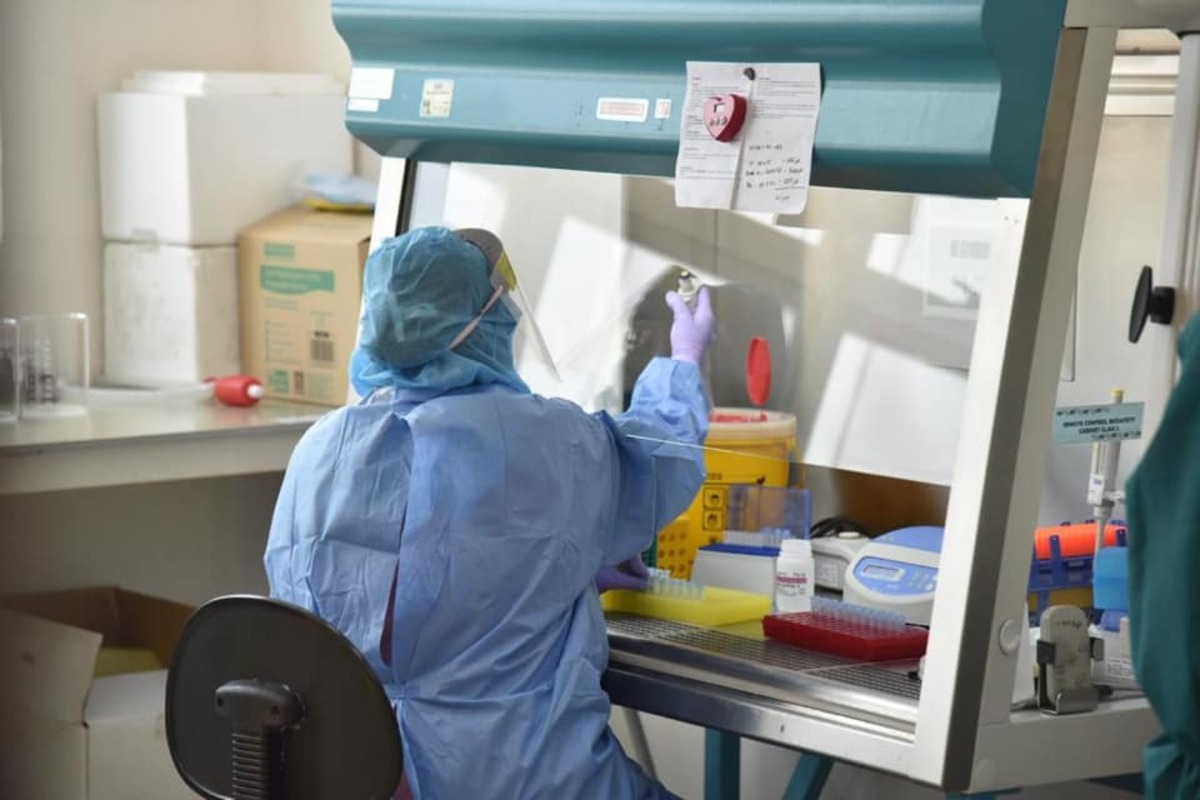KUALA LUMPUR, August 25 – The BA.2.86 variant has been detected in Thailand through wastewater sample analysis, adding to the list of countries that have reported the presence of the highly mutated Covid-19 strain.
Dr Leshan Wannigama, a physician scientist at the Department of Infectious Diseases and Infection Control at Yamagata Prefectural Hospital in Japan, posted on X last Wednesday about his findings.
“After sequencing the SARS-CoV-2 S gene and carefully analysing the data with existing BA.2.86 data I can confirm that our Thailand wastewater samples [are] positive for BA.2.86.”
He added that the samples were from different non-sewershed wastewater and different locations in the Thai capital of Bangkok, collected around three to four weeks ago.
Dr Wannigama’s findings were cited by Dr Thira Woratanarat, an associate professor at King Chulalongkorn Memorial Hospital in Bangkok with clinical epidemiology and vaccinology training.
In a post on Facebook, Dr Woratanarat noted that BA.2.86 may be more widespread than expected as worldwide monitoring of Covid-19 has eased.
The origin of BA.2.86 is not known yet. Dr Woratanarat said experts currently estimate that this strain may have occurred between May and July 2023, possibly due to a viral mutation in a person’s body with the chronic infection before spreading to others. However, further evidence remains to be awaited.
He noted: “Avoid congestion, bad ventilation. Wearing a mask correctly will greatly reduce your risk [of infection], regardless of the strain. Remember that with each infection, there is a risk of getting sick, death, and having problems with long Covid. This can affect the quality of life of a person and has a long-term cost burden.”
The detection of BA.2.86 – nicknamed “Pirola” by variant trackers on social media, after an asteroid – brings the number of countries reporting the virus to seven.
Besides Thailand, CNN reported that the new variant has been detected in nine sequences. These include three in Denmark, two in the United States, two in South Africa, one in the United Kingdom, and one in Israel. Traces of the variant were also detected at low levels in Switzerland’s wastewater.
Variant trackers highlighted the emergence of BA.2.86 earlier this month, following its identification in Israel. Differing from its nearest precursor, BA.2, the latest variant showcases over 30 genetic alterations.
The BA.2.86 variant’s evolutionary jump is comparable to the shifts observed during the progression from Delta to Omicron in 2021, or the transition between BA.2 and XBB.1.5, which circulated a year apart, according to the United States’ Centers for Disease Control and Prevention (CDC).
“Based on what CDC knows now, existing tests used to detect and medications used to treat Covid-19 appear to be effective with this variant. BA.2.86 may be more capable of causing infection in people who have previously had Covid-19 or who have received Covid-19 vaccines,” stated the CDC’s first risk assessment of BA.2.86 released last Wednesday.
The CDC added at this point, there is no evidence that this variant is causing more severe illness. That assessment may change as additional scientific data are developed.
The World Health Organization (WHO) stated last Friday that it has designated BA.2.86 as a “variant under monitoring” due to its large number of mutations.
A “variant under monitoring” is the lowest of three levels of alert, below “variants of interest” and “variant of concern” that is the highest level of alert. To date, only three Covid-19 variants — XBB.1.5, XBB.1.16 and EG.5 — are listed as “variants of interest”; the WHO has not identified any new “variants of concern” since that classification for Omicron on November 26, 2021.
Health Minister Dr Zaliha Mustafa told Berita Harian last Wednesday that the Ministry of Health has yet to detect BA.2.86 in Malaysia.
According to the GISAID virus genome sequence database, in the last 30 days, Malaysia shared only seven sequences of SARS-CoV-2, far fewer than Thailand (35) and Singapore (261).








